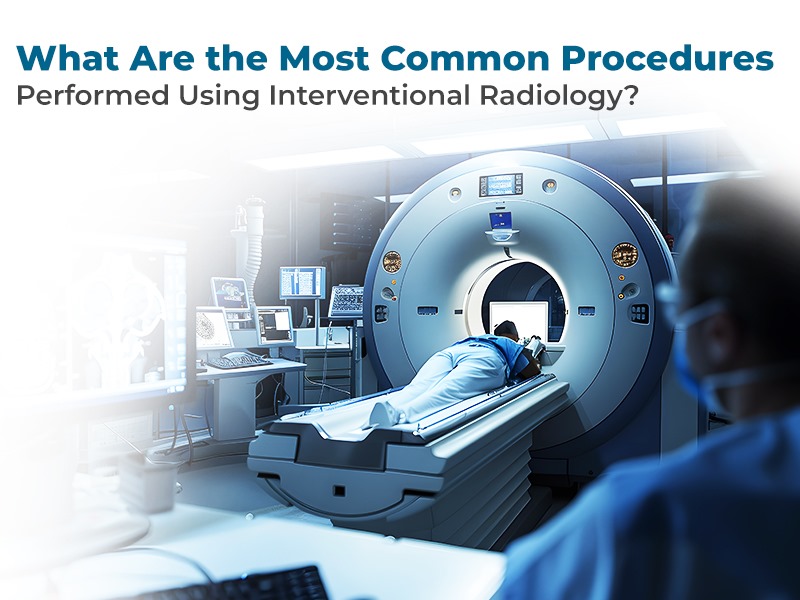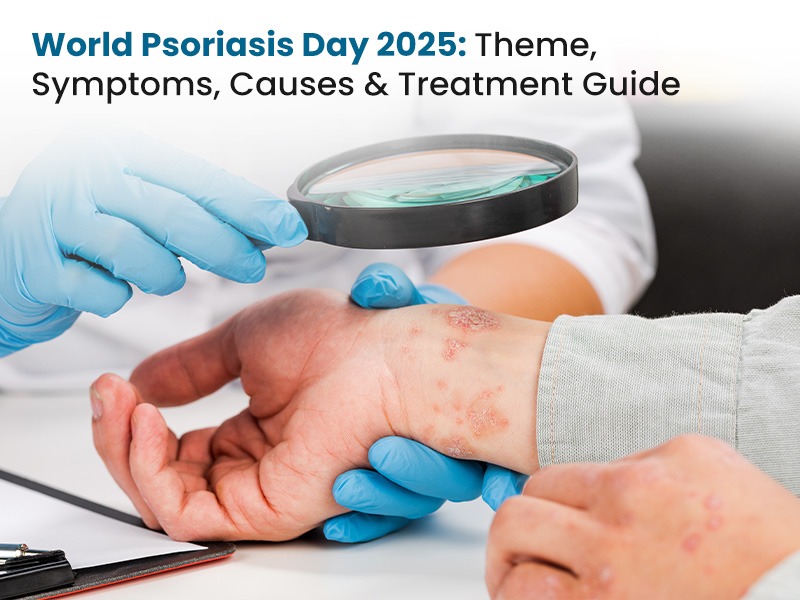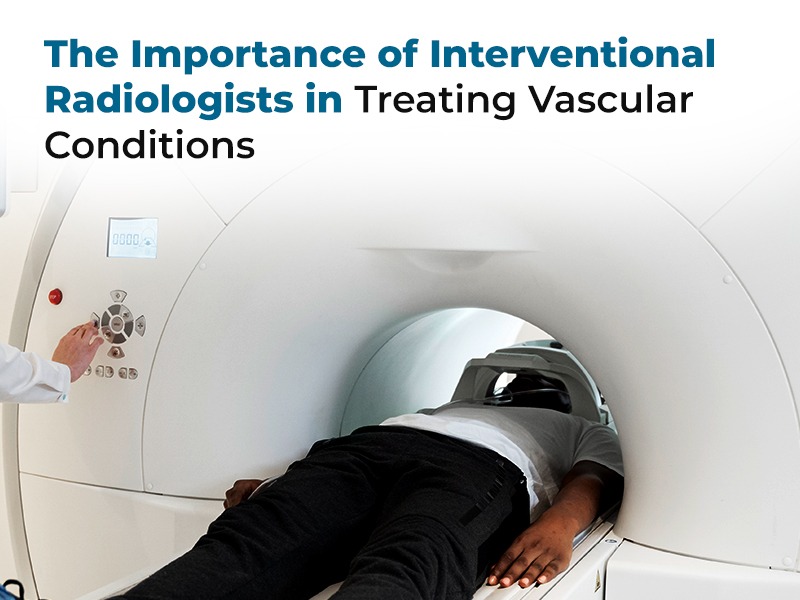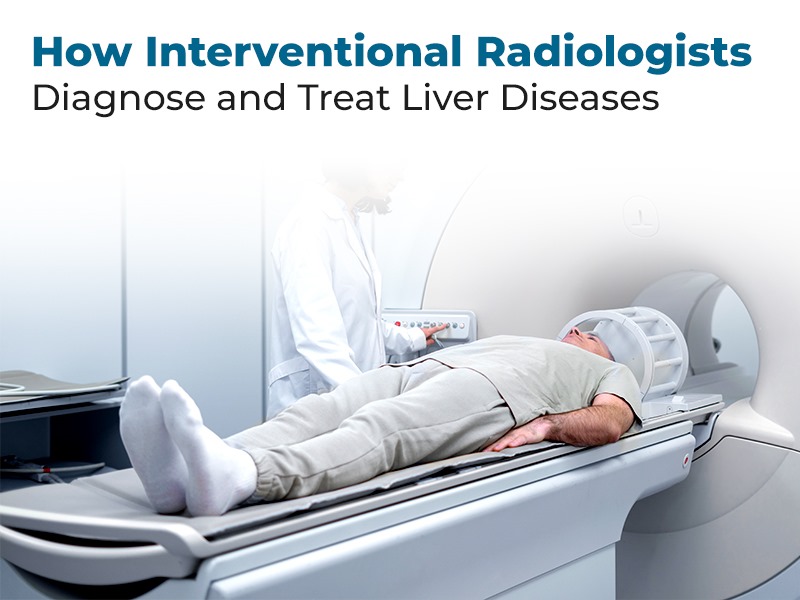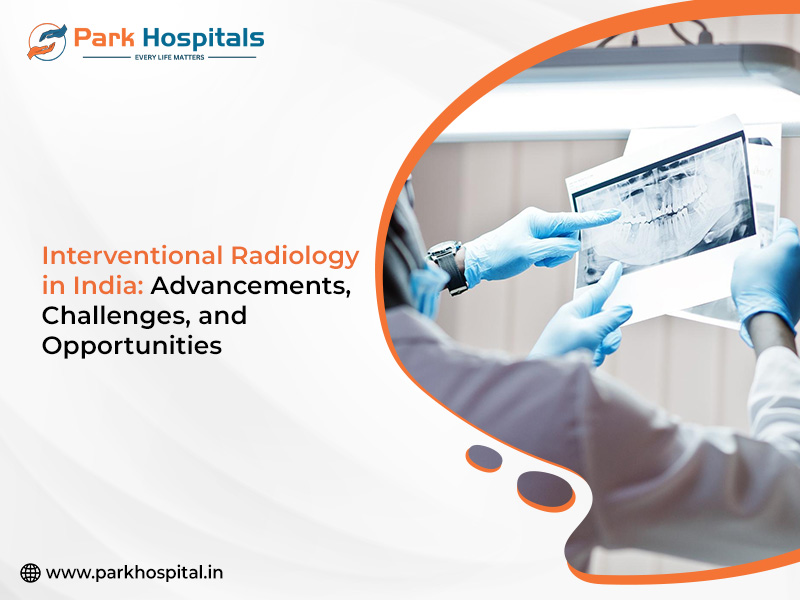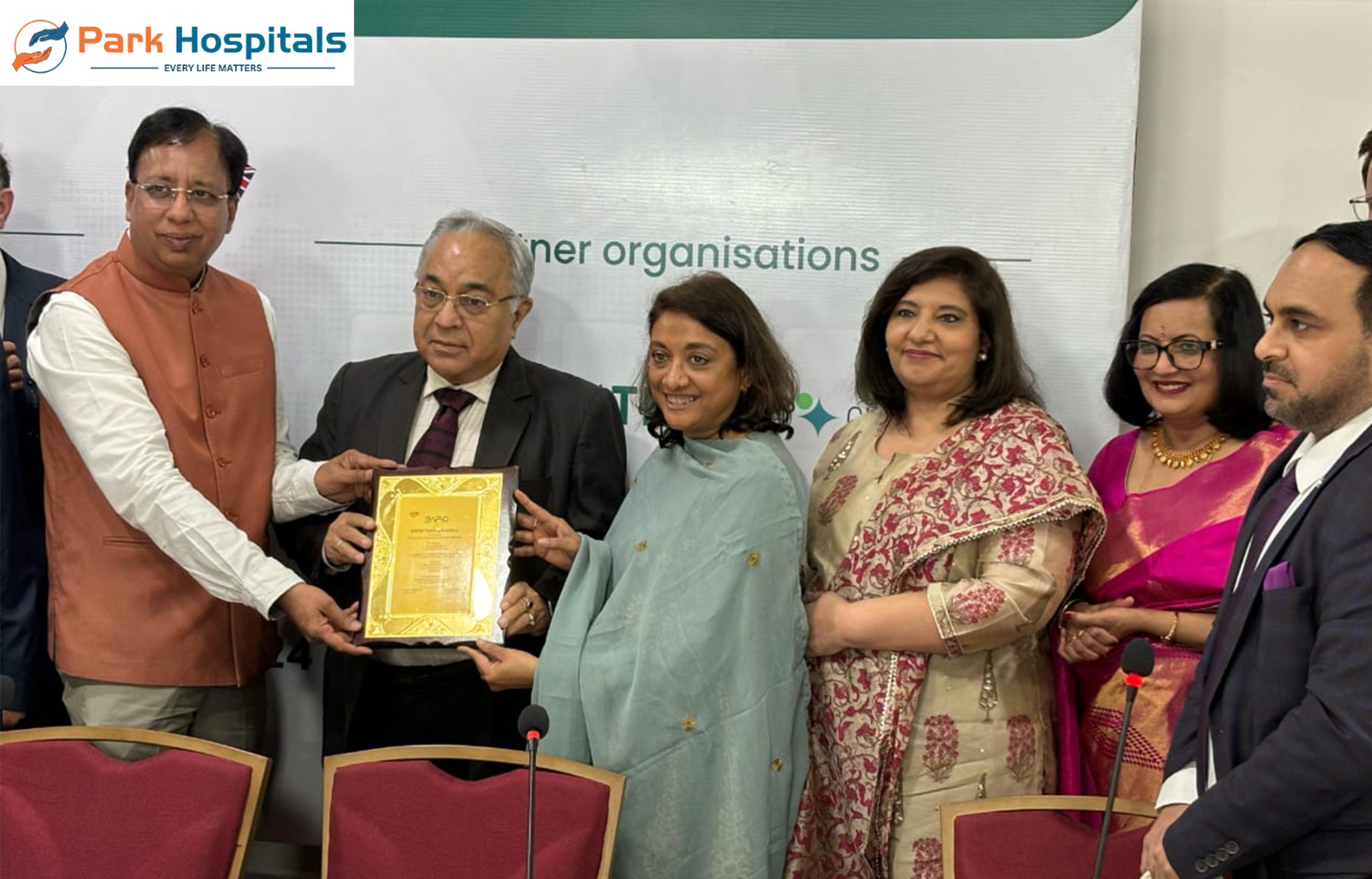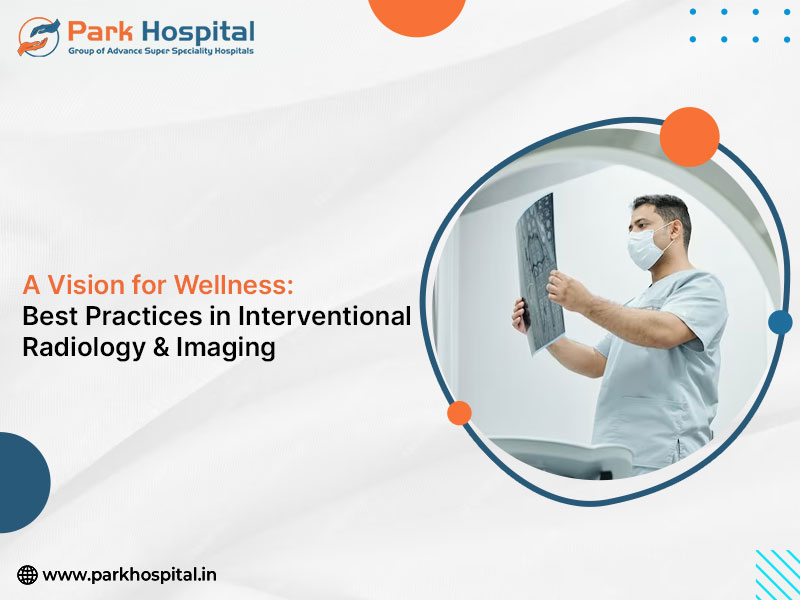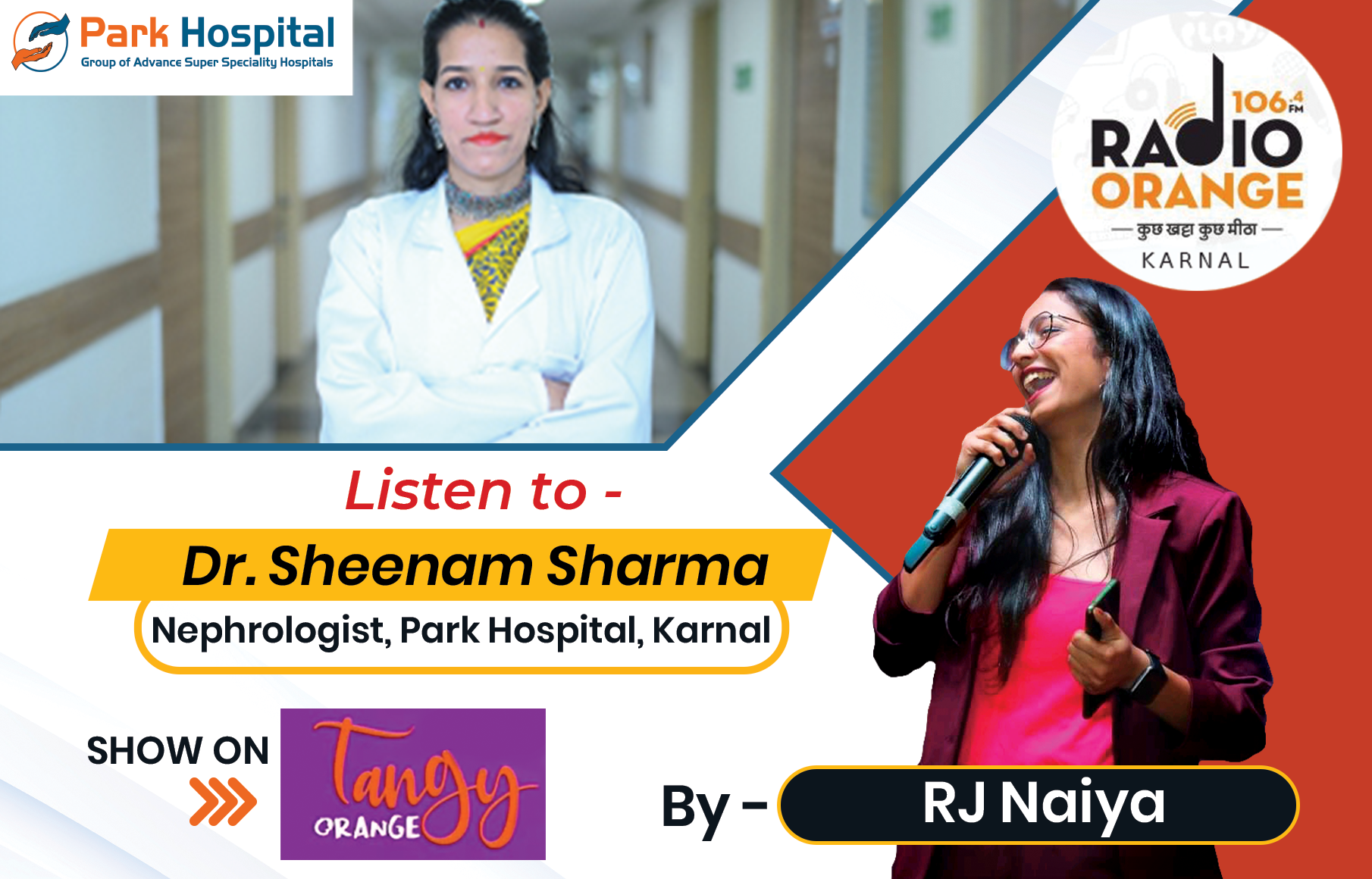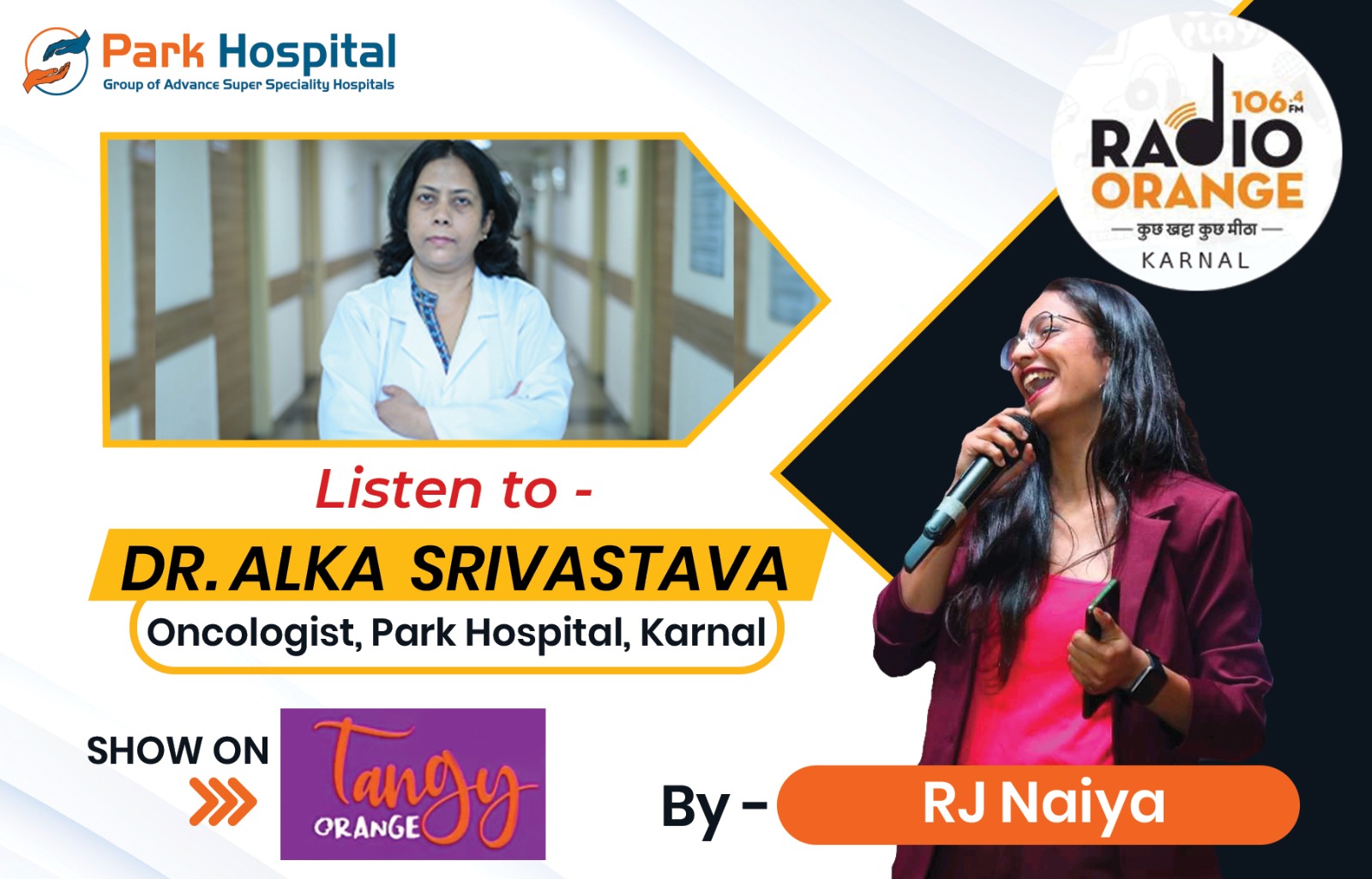Interventional radiology is a medical speciality in which Interventional radiologist in India use imaging techniques like X-rays, CT scans, and ultrasounds to look inside the body and manipulate tiny instruments for the treatment of many diseases. Generally, these procedures offer an alternative to surgery and, in most cases, with shortened recovery time, less pain, and reduced risks of complications. This chapter discusses some of the most common procedures done using interventional radiology.
Angiography and Angioplasty
Angiography is a method of diagnosis and treatment that aids by visualising the interior of blood vessels and organs, especially the arteries, veins, and heart chambers. Doctors can even detect blockages or other abnormalities with the help of a contrast—a liquid.
In case of a blockage, the affected artery is widened through Angioplasty. In this procedure, a small balloon is inserted and inflated at the site of the blockage to improve blood flow. Sometimes, a stent (a small mesh tube) is placed in the artery to keep it open, reducing the risk of future blockages.
Embolisation
If there is an abnormal blood flow to a particular area, an embolisation procedure is undertaken to control bleeding or shrink tumours. During the process, tiny particles, coils or a specialised glue is injected into the blood vessel, acting on the affected area.
Embolisation is commonly used to treat conditions such as uterine fibroids, liver cancer, and arteriovenous malformations (AVMs). For instance, in the treatment of liver cancer, embolisation can be combined with chemotherapy (chemoembolisation) or radiation (radioembolisation) to deliver treatment directly to the tumour. This process requires expertise, knowledge and patience; one must connect with the Best interventional radiologist in Delhi for their treatment, such as at the Park Hospital.
Biopsy and Aspiration
Interventional radiology experts perform biopsies, a treatment focused on removing a small sample of the concerned tissue for reviewing it in a laboratory. In this process, a needle is inserted into the targeted area, like the liver, lung, or kidney, to extract the tissue.
Thrombolysis
Another procedure conducted with the help of IR is Thrombolysis. In this procedure, a small pipe is guided to the location of the clot, and clot-dissolving medications (thrombolytics) are put directly on the clot. This method decreases the risk of bleeding compared to systemic thrombolytic therapy, which affects the entire body.
Vertebroplasty and Kyphoplasty
These procedures are used for treating vertebral compression fractures by Interventional radiologist in India. In vertebroplasty, a special solid material is injected into the fractured vertebra to balance it and relieve pain.
Kyphoplasty is similar to the previous procedure but involves using another type of tool to create space in the collapsed vertebra before the solid elements are injected, which can restore some of the lost height and correct spinal deformity.
Dialysis Access Procedures
Patients with kidney failure who require dialysis often need a reliable vascular access point for the procedure. Interventional radiologists create and maintain these access points using minimally invasive techniques. Standard methods include the placement of arteriovenous (AV) fistulas or grafts and the insertion of dialysis catheters. IR also helps ensure that dialysis is conducted without interruption by addressing issues like blockages or infections in existing access points.
Cancer Treatments
Interventional radiology plays a significant role in cancer treatment, too. In addition to embolisation techniques mentioned earlier, interventional radiologists perform procedures like radiofrequency ablation (RFA) and microwave ablation (MWA). The mentioned procedures use the heat generated by radio waves or microwaves to destroy cancerous cells, particularly in tumours unsuitable for surgical removal. These techniques are majorly used for the cure of liver, lung, kidney, and bone cancers, either as individual therapies or in combination with other treatments like chemotherapy or surgery.
Why Choose Park Hospital for Interventional Radiology Procedures?
Park Hospital is well-known for its interventional radiology procedures, offering advanced facilities and having the best interventional radiologist in Delhi. The care which the hospital provides has been verified by its continuous use of the latest imaging and minute intervention techniques, which are in place so that the most effective treatment may be delivered to the patient while they undergo the least amount of discomfort and recovery time.
The interventional radiology team at Park Hospital collaborates closely with other medical specialists to ensure the best possible care. Whether for diagnosis, cancer treatment, or chronic diseases, their expertise in IR at the hospital will provide world-class services delivered with compassion in a supportive environment for patients.
Conclusion
Interventional radiology has revolutionised how many medical conditions are treated, offering less invasive alternatives to traditional surgery with faster recovery times and fewer complications. Procedures such as angioplasty, embolisation, biopsies, and cancer treatments are examples of how IR transforms patient care. Park Hospital stands out as a leading facility in interventional radiology for those seeking expert care, providing advanced treatment options and personalised care to help patients achieve the best possible outcomes.

